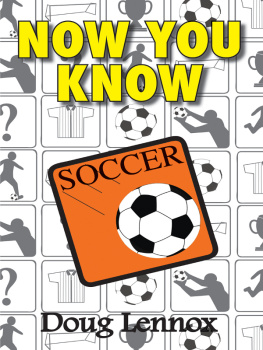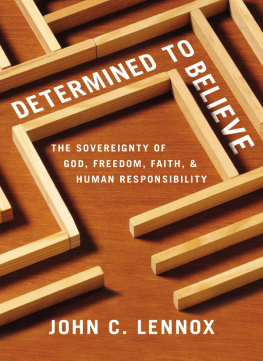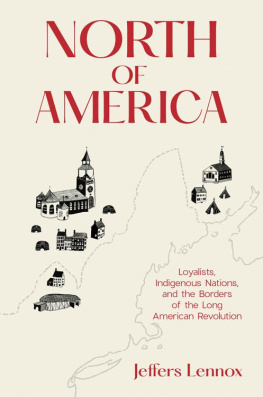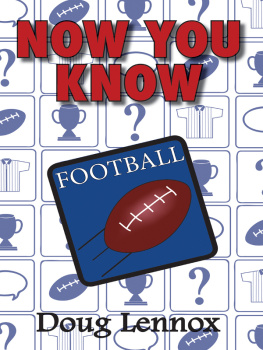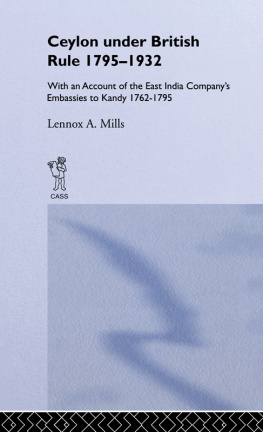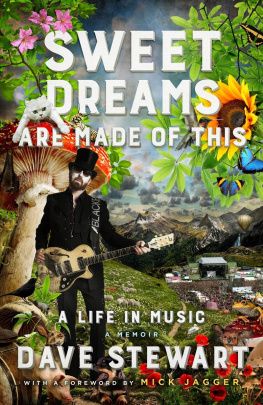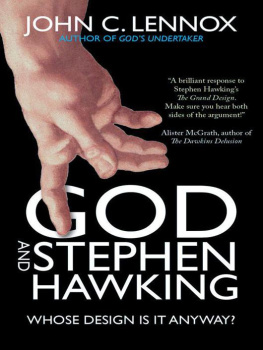INTRODUCTION
This book is a collection of scripts originally written for radio and first heard on Sound Source Networks syndicated radio show, Now You Know.
The concept was born while I was producing another Standard Broadcasting series, Life in the Twentieth Century. During the mixing, my technical wizard, Gary Mottola, would invariably react to scripted anecdotal information with, I didnt know that, to which I would respond, Well, now you know. That repeated exchange started me thinking along a different track that led to this project.
The DNA of a culture is found within its language and rituals. These are our living links to the past. Without realizing it, hundreds of times each day we express the thoughts and ideas of our ancestors through our words and customs. The custom of two people shaking hands upon meeting comes from a Roman practice, for example, and the expression sleep tight dates back to the sixteenth century.
The scripts that comprise this book, although thoroughly researched, are not academic studies, but rather, they are meant to entertain and arouse curiosity. Originally confined to thirty-second radio blurbs, the information within is concise, eclectic, and often fascinating. Youll learn how history is alive within each of us and in fact woven into the routines of our everyday existence.
Just enjoy it!
Doug Lennox
Toronto, May 2003
PEOPLE & PLACES

Why do we call New York the The Big Apple?
During the 1940s, Robert Emmerich, who played piano in the Tommy Dorsey Band, wrote an obscure song called The Big Apple. It was soon forgotten by everyone except legendary reporter Walter Winchell, who liked the song so much that in his daily column and on the air he began referring to his beat, New York City, as The Big Apple, and soon, even though Emmerichs song was long forgotten, its title became the great citys nickname.
Why is Chicago called the Windy City?
Most people believe that Chicago got its nickname from its prevailing winds, but that isnt the case. In 1893, Chicago hosted the Worlds Columbian Exposition, celebrating the four hundredth anniversary of Americas discovery. The citys aggressive promotional campaign for the event offended the people of New York, whose press nicknamed it the Windy City to mock its bragging ways. The moniker stuck, but, fortunately for Chicago, its original meaning has been forgotten by most.
Why are the Southern United States called Dixieland?
The nickname Dixieland didnt come from the Mason-Dixon Line, the boundary between the free and the slave states. Rather its from the word dixie, which was what southerners called a French ten-dollar bank note of New Orleans that was already in use in 1859 when Daniel Emmet, a northern black man, wrote and introduced his song Dixie, which spread the Souths nickname and somehow became a battle song for the Confederacy.
How did an English police force become known as Scotland Yard?
In the tenth century, in an effort to stop hostilities between their two countries, the English gave a Scottish king land in London with the provision that he build a castle on it and live there for a few months every year. Seven centuries later, with the two nations united under one king, the land returned to English ownership. In 1829, the London police took up residence on the land, which by then was known as Scotland Yard.
Why is the American presidential home called the White House?
From 1800, when John Adams became the first president to inhabit it, until 1814, when the British burned it because the Americans had torched Toronto, the presidential building was a grey Virginia freestone. It was painted white to cover up the fire damage done by the British. It wasnt officially called the White House until Teddy Roosevelt began printing its image on the executive mansion stationery in 1901.
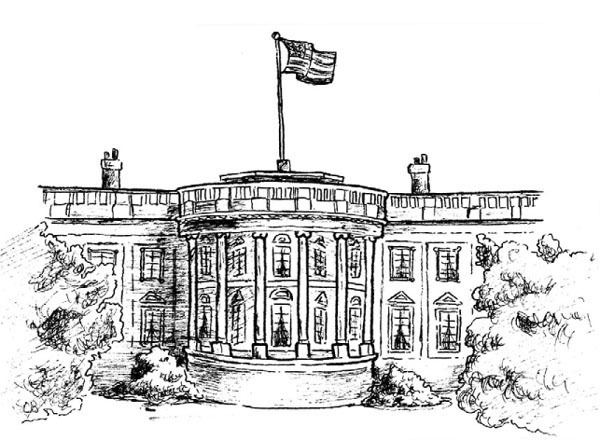
How did the centre of world commerce, Wall Street, get its name?
In September of 1653, the settlers in what is now New York City felt threatened by the local Natives and by the possibility of an invasion by Oliver Cromwells army. For protection, they built a large protective wall that stretched a half-mile across Manhattan Island. That wall was situated on the exact spot that we now know as the financial centre of the world: Wall Street.
How did the centre of the song publishing industry become known as Tin Pan Alley?
Tin Pan Alley is an actual place in New York City. Its the nickname for the side streets off Times Square, where for generations music publishers have auditioned new songs. The name came from the late 1800s, when the awful sound of cheap tinny pianos coming through the open office windows of hundreds of publishers was likened to the beating of tin pans.
Why are the people of Oklahoma called Sooners?
In the 1800s, when the American West was first opened, the early pioneers were offered free land east of the Rockies, but to ensure fairness, they could only stake out forty acres after a race to the region on a specific date and time. Those heading for Oklahoma who jumped the gun and settled on the best land before the official start of the race were cheating and were called Sooners because they arrived sooner than those who obeyed the law.
Why do we say, When in Rome, do as the Romans do?
If you wish to gain esteem and avoid grief, then its wise to respect the customs of the majority within any culture you may find yourself. When St. Ambrose was sent on a mission to Rome by St. Augustine, he was concerned about which holy day to observe since the Romans fasted on a different day than was his custom. St. Augustines wise advice is still with us: When in Rome, do as the Romans do.
How did feminists come up with the expression male chauvinist pig?
The word chauvinism originally meant excessive patriotism and came from the name of Nicolas Chauvin, a French general who was known for his extreme devotion to Napoleon Bonaparte. Male chauvinism became a description of a man preoccupied with masculine pursuits during the 1950s, and the word pig, borrowed from a slur on policemen, was added by the womens movement in the 1970s.
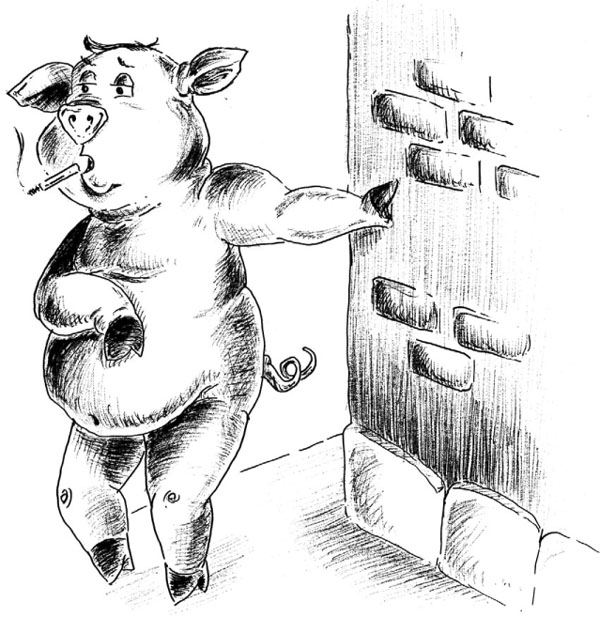
Why do we call prostitutes hookers?
Its a myth that the camp followers of Union General Joseph Hooker gave us the popular euphemism for a prostitute. Its true they were called Hookers division, or Hookers reserves, but the word predates the American Civil War as, of course, does the profession. It first appeared in 1845 as a reference to an area of New York known as the Hook, where ladies of the night could be found in abundance.
What exactly is a family circle?
When the early Normans brought fire indoors they built semicircular open fireplaces. To keep warm at night or when the air was cool, the family would sit in a semicircle opposite the one formed by the hearth, creating a complete circle where they would spend time telling stories or singing songs within what they called the family circle. When neighbours were included, it became a circle of friends.
Why is a self-employed professional called a freelancer?

